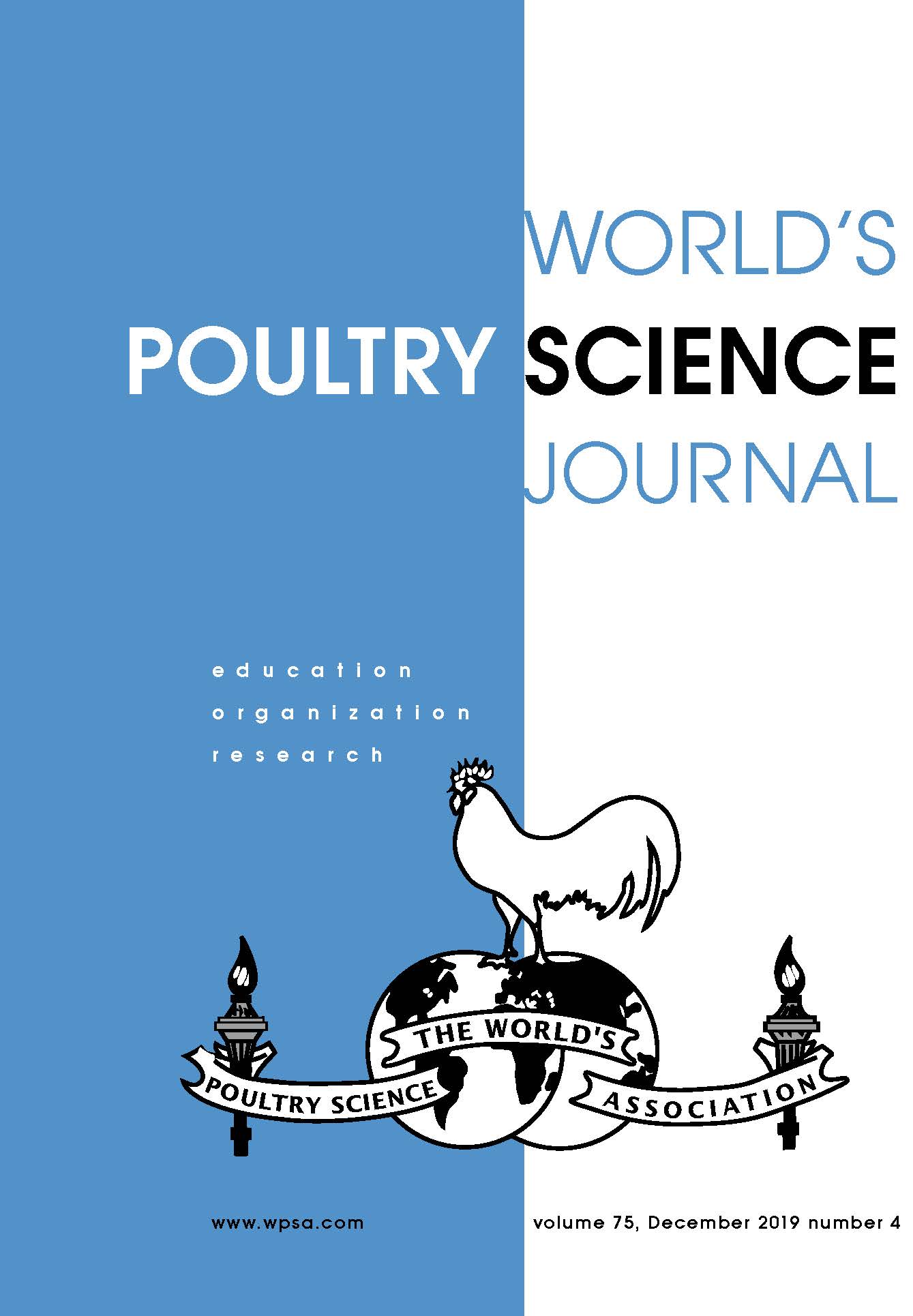Article contents
Amino acid efficiency with dietary glycine supplementation: Part 2
Published online by Cambridge University Press: 29 August 2014
Abstract
Glycine is a multi-tasking amino acid involved in multiple metabolic and functional systems, including sulphur amino acids, proteins and immunoglobulins syntheses, blood haem and bile production. Glycine is also capable of eliciting responses at whole animal level, such as those promoting gut and immune health, animal welfare as well as feed/food safety. Empirical evidence shows that glycine supplementation can arrest systemic inflammation via deletion of cytokine production. Some investigators have corrected gut wall damage in challenge studies via gastric infusion of glycine. Efficacy data further document that glycine aids bone accretion in broilers fed reduced protein diets. Given these glycine bioefficacies, particularly in broilers, its nutrition needs to be critically assessed in the light of modern paradigms of animal welfare, feed-food safety, efficiency, reduced antibiotic application, and eco-sustainability. Such efforts should concentrate on precise estimation of inevitable ileal flow of glycine so as to generate a database on the digestible glycine levels in feedstuffs. Only this can provide for proper control of feed glycine density.
Controversies on dietary glycine optimum for broilers also need to be addressed, as this has significant ramifications for raw materials selection and eco-sustainability. Based on a meta-analysis of published reports a range of 1.91-2.27% of total glycine+serine is recommended in young broilers diets, depending on production goals. But clarity is still needed on how this may be modified by practical stress conditions. The efficacy of copious supplementation of crystalline glycine to promote key parameters of poultry health and zootechnical performance under different rearing conditions still needs to be resolved.
- Type
- Review Article
- Information
- Copyright
- Copyright © World's Poultry Science Association 2014
References
- 9
- Cited by


